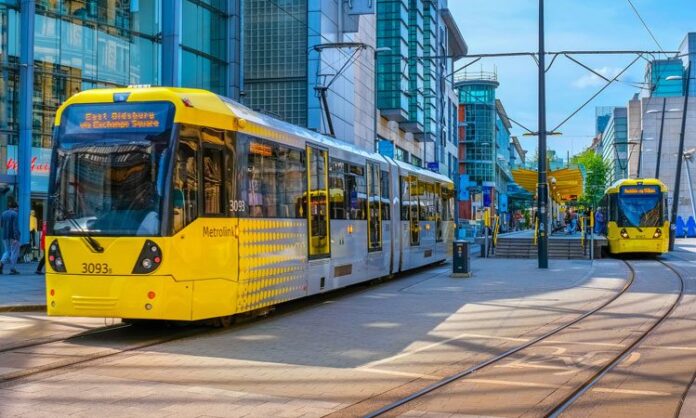According to Avison Young’s UK Cities Recovery Index, the strength of the housing market recovery over the last few months in Manchester has exceeded expectations, with London experiencing the largest increase in number of listings, closely followed by Manchester.
However, similar to larger cities like London and Birmingham, Manchester’s exposure to the office sector has held the Mobility Sector Index back. While offices, in general, remain closed, the city centre has been heavily impacted, resulting in less people walking, taking the train and driving in and out of the city centre.
Avison Young has created the UK Cities Recovery Index to help monitor the way in which COVID-19 has impacted the UK’s major cities. It enables assessments and analysis of the rate and trajectory of the recovery and identifies trends that will determine the future of the property sector, cities and of society as a whole.
The Sector Indices are combined into an overall Recovery Index score, which illustrates the evolution of urban impact and recovery over time since 29th February 2020, before COVID-19 hit the UK.
The Recovery Index indicators for Manchester initially stayed in line with national data until the end of May but then began to recover at a faster rate. However, after a spike in coronavirus cases in the Greater Manchester region, local restrictions were imposed on July 30th, which interrupted Manchester’s recovery, bringing it back in line with the rest of the UK.
A particularly marked impact of local restrictions has been seen on Manchester’s retail footfall. Despite exceeding the national average to the end of July, footfall has since fallen again to stand well below the national average. From 18th August, it began to increase as Manchester emerged from its local restrictions, although as also seen in a number of other cities, footfall has declined again over the past month, from a peak of 70.4 on 5th September to 52.5 on 27th September. The retail sector index now stands at 74.6.
The recent decline in the hotel and leisure sector has been driven primarily by decreasing numbers of restaurant bookings and cinema revenue. The sector saw a steep rise during July and August due to the ‘Eat Out to Help Out’ scheme, to a peak of 107.7 on 31st August but has since fallen back to 93.1 on 27th September.
Chris Cheap, principal and managing director at Avison Young in Manchester, said: “Manchester’s exciting and vibrant cultural, leisure, creative, tech and educational mix contributes significantly to its economic performance, so as we navigate through the ongoing effects of COVID-19, it is critical that any recovery plan maintains the unique and diverse ‘Manchester experience’ to sustain the broad sectoral spectrum of commercial real estate demand the city has traditionally seen.
People are central to Manchester’s unique pull, and it is vital that any new policy and recovery efforts reflect this through progressive planning via the public and private sector working together to build back better for the long term good of communities across the city region and supporting a range of employment opportunities.
“The quality of the outputs we are seeing from the UK Cities Recovery Index allows us to provide our clients and partners with advice informed by real time data which positions us uniquely to identify trends in a world where we live with the effects of COVID-19.”







